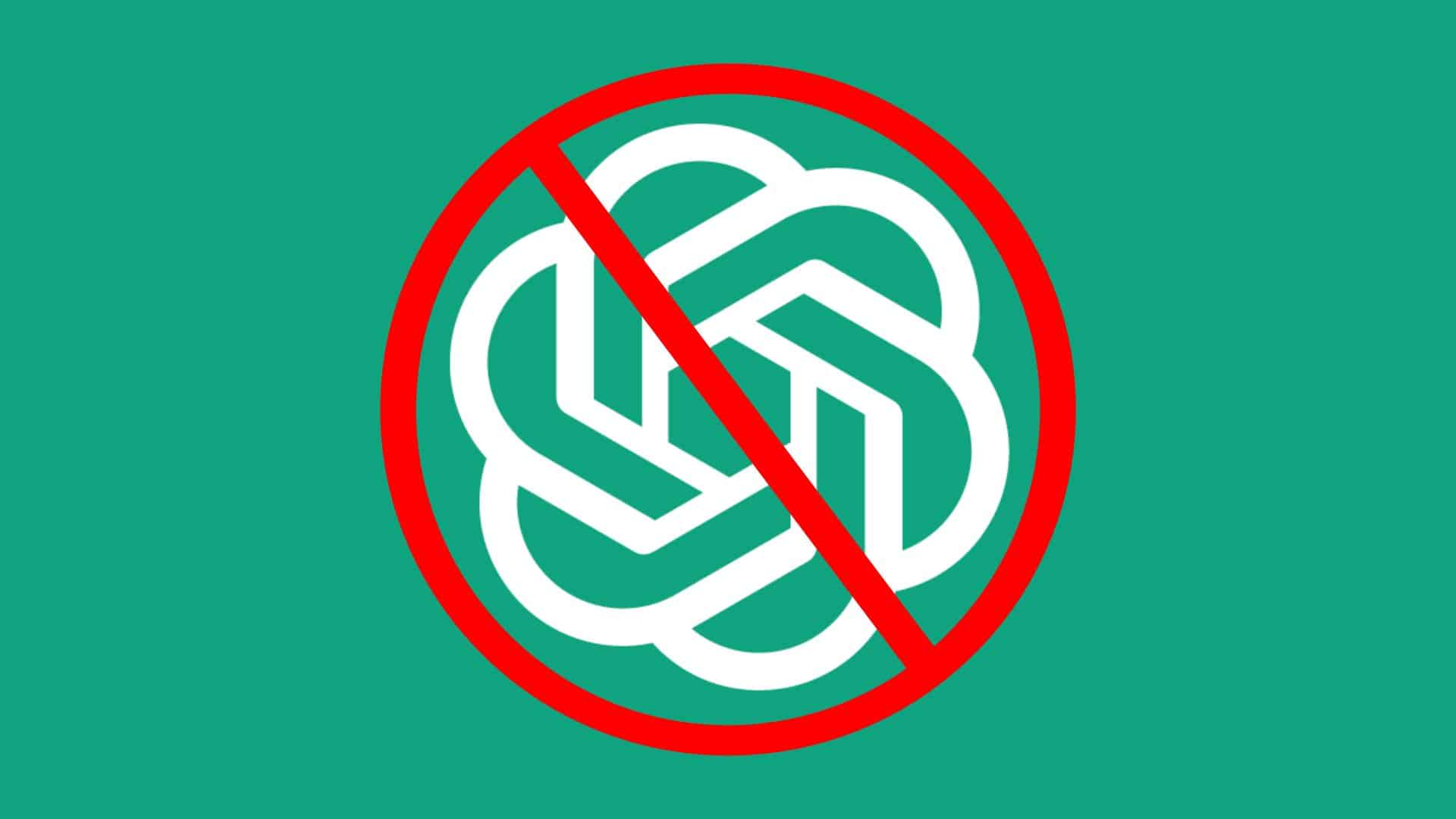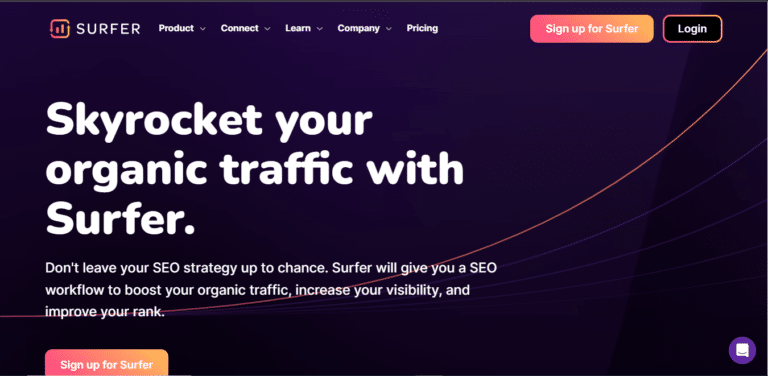How to Block ChatGPT From Using Your Website Content
OpenAI actively crawls websites on the internet to learn from them and train their ChatGPT models.
This is how to block ChatGPT from accessing your content and turning our site into AI training data.
Understanding ChatGPT’s Data Sources
Large Language Models (LLMs) like ChatGPT require vast amounts of data to learn from. Common data sources for these AI models include:
- Wikipedia
- Government court records
- Books
- Emails
- Crawled websites
For ChatGPT, which is based on GPT-3.5 (also known as InstructGPT), the following datasets are used for training, according to page 9 of the research paper, Language Models are Few-Shot Learners (PDF):
- Common Crawl (filtered)
- WebText2
- Books1
- Books2
- Wikipedia
Two of these datasets, Common Crawl and WebText2, are sourced from internet crawls.
Blocking Common Crawl and WebText2 Crawlers
If you want to prevent your content from being used as AI training data, you can block the crawlers responsible for collecting data for Common Crawl and WebText2.
Blocking Common Crawl
Common Crawl is an openly available dataset created by a non-profit organization.
The dataset is collected using a bot named CCBot, which adheres to the robots.txt protocol.
To block the Common Crawl bot, add the following to your robots.txt file:
User-agent: CCBot
Disallow: /
You can also use the nofollow robots meta tag directive:
<meta name="CCBot" content="nofollow">
Blocking WebText2
WebText2 is a private OpenAI dataset that is not publicly available. It is created by crawling links from Reddit with at least three upvotes.
While the user agent for this crawler is not clearly identified, blocking the Common Crawl bot is likely to minimize the chances of your content being included in WebText2.
Potential Consequences of Blocking Bots
While blocking crawlers may protect your content from being used as AI training data, it could also have unintended consequences.
Some datasets, like Common Crawl, may be used by companies to create lists of websites for advertising purposes.
Blocking these crawlers could lead to your website being excluded from advertising databases, potentially resulting in lost revenue.
The Ethics of AI Content Usage
The use of website content for AI training purposes raises ethical questions.
At present, there is no clear way for website owners to remove their content from existing datasets or opt out of being crawled by AI research bots.
As the AI industry continues to grow, it is crucial to address these ethical concerns and give publishers more control over their content usage.
The Future of Content Protection and AI
For AI to develop in an ethical manner, it is essential to find a balance between data collection and content protection.
Website owners should be given the option to opt out of having their content used for AI training purposes, and AI developers should work to create systems that respect these preferences.
Conclusion
While blocking crawlers like Common Crawl and WebText2 can help protect your website content from being used as AI training data, it is not a foolproof solution.
The AI industry must work together with website owners to develop more comprehensive and ethical data collection practices.
In the meantime, website owners can take proactive steps to safeguard their content by blocking known crawlers and keeping abreast of developments in AI technology and data collection.
As AI continues to evolve, it is crucial for all stakeholders, including website owners, developers, and researchers, to collaborate on solutions that respect content ownership and privacy.
By working together, we can ensure the responsible and ethical growth of AI technology, while protecting the valuable content that drives the internet ecosystem.



